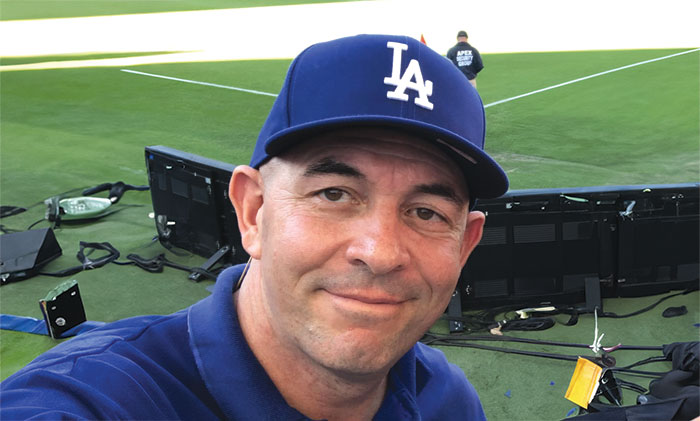by Rabbi Mark Borovitz
This week's blog is an example of a day in the life of Rabbi Mark Borovitz. Since I have been writing about redemption, I thought I would show how much it imbues my life and the lives of others. This is a compilation of a few different days.
Here it is:
3:00 am: Wake up- not exactly sure why, it just seems as if this is the time when my wife Harriet and I are able to spend uninterrupted time together to ensure our spiritual connection, talk about ideas and how to bring them to fruition personally, professionally and for others. Our discussions center on how to enhance our own redemption and spread this message of hope to others. Harriet always goes to work out after we have coffee and I have recently committed to do the same.
6:00: I usually meet with graduates and/or employees to study some spiritual text and help them with the challenges that life/work is presenting. We look at the whole picture, always seeing the situation as a way of growing and learning more. The solutions are never about blame; they are about solutions as to how to redeem moments, events, and souls. The issues raised always speak to my own inner conflicts. I want to just tell someone what the next right thing is according to how I see the situation. However I know I have to make sure I ask the right questions so the other person reaches the best solution for themselves; always hearing the call of their soul.
7:30: Torah Study with primary residents – this is a time for me to interact with the newer people at Beit T’Shuvah. I teach that Torah is relevant and necessary to living well, which is the purpose of Beit T’Shuvah and, in my opinion, Judaism and every other Spiritual Path. I believe that we have to see ourselves in every Torah portion, every chapter of Torah and Tanakh. If we don't, we are hiding from ourselves, others and God. From our place of hiding comes blame and shame that Adam and Eve experienced in “the Garden of Eden” story. When a resident confronts me on my way of reading Torah either from a more “either/or”, traditional or non-believing stance, I have to take a breath and remember that my role is to demonstrate the wrestling that living a Spiritual Life entails. I want to just send forth “fire and brimstone” yet I know that this is not the way. I want to ask, ” who are you to question me, I have the experience that you don't!!” What I do most of the time since I am not perfect is to ask the person more questions about what they are saying. I find that this brings about more discussion and we all find the “right” questions for this moment, experience. It takes more patience and control then I want to exhibit at times and doing the next right thing is the most important action I can model for others, especially people who are new in Recovery.
8:00: My plan of meeting with a resident or staff person is interrupted by a frantic phone call from a family member who's son, daughter, cousin, nephew/niece, parent, spouse and/or friend wants a bed. I am reminded of something my aunt taught me, “be careful what you ask for, you might get it!” Harriet and I have worked hard for all these years to build an innovative, state of the art, center for healing of addictive disorders, family wellness, Jewish spirituality and living well. We have succeeded in these aspects and our success has made more people want our services than we can accommodate. When the person on the other side of the line is desperate, it is hard for me to not feed into their desperation. I am worried about how this will affect fundraising, our reputation, etc. I want to say talk to the staff in charge AND I know they are calling me because they are desperate and the staff has put their person on the waiting list. I have to assess the acuteness of this situation and talk the family off the ledge. It usually ends with me agreeing to see the people, the addict and the family that day and shuffling around my schedule. There are times when I don't want to deal with this stuff anymore; yet, I wrestle with my own personal mission and Rabbinate. They are one in the same: to be a personal Rabbi who deals with each person as an advocate of their soul and a shleioch/representative of God. So I do see the people and usually find a solution even if I have to use my discretionary fund to pay for a sober living until a bed comes available.
More to come next week.






















 More news and opinions than at a Shabbat dinner, right in your inbox.
More news and opinions than at a Shabbat dinner, right in your inbox.